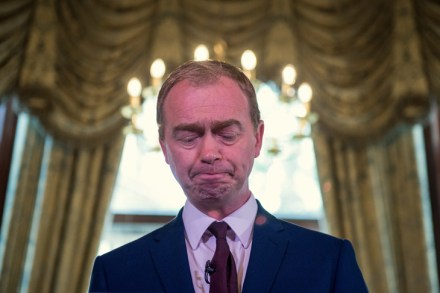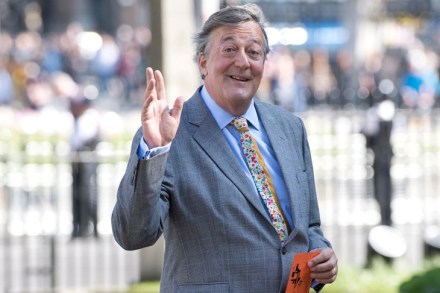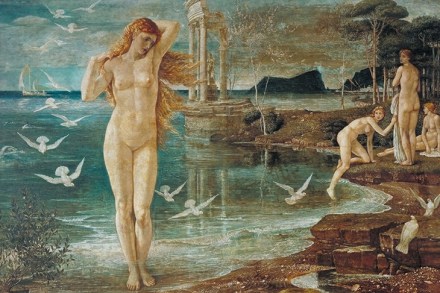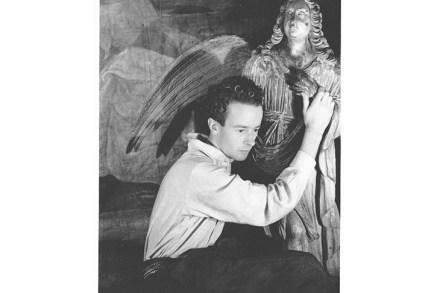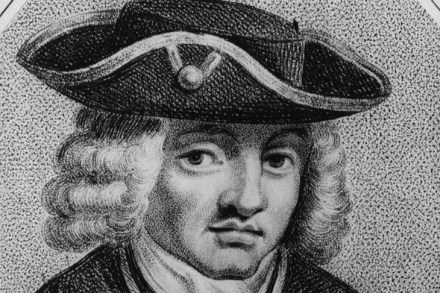Arabian nights
Recall the media coverage at the height of the Jimmy Savile scandal, times it by about a thousand, and you get an idea of the hysteria currently surrounding gay men in Egypt. That’s not an arbitrary analogy. The social ramifications of coming out as a ‘gay man’ in most parts of the Middle East are the same as for some chap on a council estate in Barnsley declaring in a packed pub at closing time that he has a 12-year-old girlfriend. Two detained gay rights campaigners who waved the rainbow flag at a recent Cairo pop concert, and thus provoked the clampdown, are presently learning that the hard way. Their





